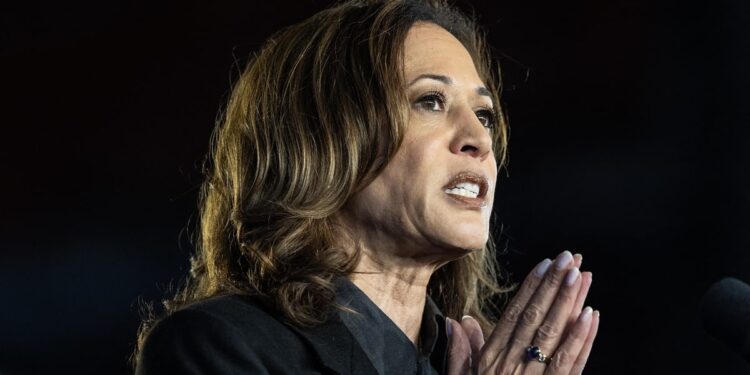Whether it’s Donald Trump or Kamala Harris who comes out on top on November 5, we’ll have to pay close attention to the other results of the evening.
The Democrat currently holds a very slight lead, but making history as the first woman to become president may well be her only achievement in the first two years of her term.
Fights to be fought in the Senate and the House
The attacks on Donald Trump and the late withdrawal of Joe Biden have monopolized almost all the attention in recent weeks. While these events are of course historical in nature, they have distracted us from the major issues related to Congress.
Joe Biden ends his presidency by negotiating with a House whose majority, however small, is held by Republicans. In the Senate, the Democratic Party holds only a one-vote lead.
Not only is neither party truly dominant, but House Republicans are particularly divided. We saw that when it came time to identify the speaker of the House, and it is once again Republican family bickering that is hurting the budget negotiations this week.
After skimming the major poll analysis and forecasting sites, it would take a clever person to predict which party will dominate Congress in January 2025.
In the Senate, it is the Democrats who are facing a perilous situation. Only about a third of the Senate is renewed every two years, and this year, 34 seats are at stake.
Of those 34 seats, the majority are held by Democrats. Democrats are vulnerable in several places, particularly Montana. A net gain of two seats would ensure a Republican majority no matter who wins the presidency.
On the House side, The Hill puts the probability of a Republican majority at 56%. So it’s very close, but the potential for a Congress with both houses controlled by Republicans is very real.
Weight and counterweight system
From the outside, we sometimes have the impression that the machine is running in slow motion in the United States, that the process is slow and that reforms are impossible. Very often, no matter who is president, it is impossible to move bills forward.
The executive, the president, is the power that often gets the most visibility, but the Founding Fathers wanted the legislative to dominate in this system of balance between powers.
If she wins, Harris will have to hope that her entry has also energized the base enough to propel majorities in both chambers.
If that were the case, she could actually embody change and implement the projects she is beginning to identify. If not, we would most likely see a period of systematic obstruction.



